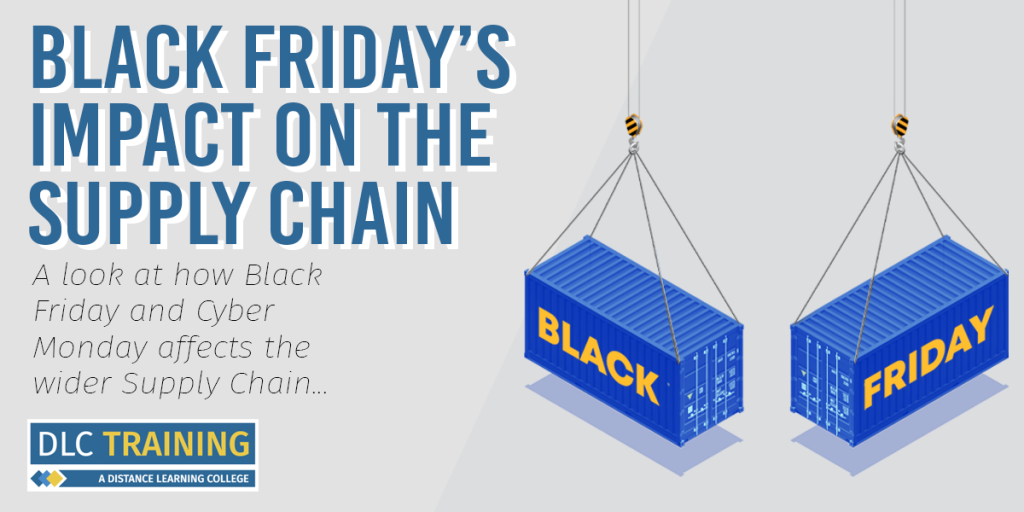What is Black Friday?
Black Friday first began in the USA, it lands on the fourth Friday of November which is the day after the American holiday Thanksgiving. Retailers would regularly offer door-busting bargains around the holiday which would encourage people to begin their Christmas shopping.
Businesses eventually started to market around the event, knowing that many people would expect to grab a great deal around this time of year. Black Friday has become one of the biggest shopping events of the year, and even though Thanksgiving is a USA public holiday, at least 129 countries will take part in Black Friday to some degree.
More and more companies seem to be jumping on the bandwagon. In the UK we’ve been receiving marketing emails and advertisements for weeks in the run-up to this Friday from major retailers such as Tesco, John Lewis, and Amazon.
What About Cyber Monday?
As online shopping grew the USA’s National Retail Federation noticed a significant rise in online sales, particularly on the Monday following Black Friday. After coining the phrase “Cyber Monday”, retailers began to see their online sales increase further, and now offer additional sales on this day to meet the expectations of consumers.
A lot of retailers dedicate the whole weekend to discounts, providing different offers every day from Friday to Monday. This is now known as the Black Friday Cyber Monday weekend, or for short, BFCM.
How Does BFCM Weekend Affect the Supply Chain Industry?
With our inboxes full to the brim of retailers promising big savings over BFCM, and 39% of UK consumers planning to spend (an increase of 6% from 2021), we can safely assume the shopping holiday is coming back this year in full force.
When we think of BFCM we don’t often consider the impact of the rise in demand. Many industries are affected significantly by this weekend, not least the supply chain industry.
The supply chain industry consists of the entire product journey, from sourcing raw materials to distributing final products to consumers. The four areas most greatly affected by BFCM include:
- Procurement
- Production
- Inventory management
- Distribution
Procurement
As demand for certain products and services increases, the requirement for raw materials for production rises. This means that procurement professionals are working hard to source a larger number of raw materials than usual and negotiating with suppliers for their most cost-effective deals to keep their purchasing in line with budget requirements.
Production
As considerably more products and services are expected to be bought than the average weekend, and more raw materials have be procured for this, production factories are all hands on deck to make sure they meet their increased production targets. This increase in production requires a lot more labour so many manufacturing companies will offer overtime or take on extra workers to support them through the holiday season.
Inventory Management
Because demand is so much higher over the BFCM weekend, many retailers will need to pay closer attention to inventory levels. There should be an increase in inventory that will meet the rise in demand, but retailers must be extremely careful not to overstock, as this could lead to a loss in revenue.
Distribution
Online orders and demand in stores over the BFCM weekend see an increase of over 250,000 additional commercial journeys in the UK, which means retailers need to be prepared with extra vehicles, and additional drivers and have an increased budget for fuel and maintenance costs.
It’s clear that the Black Friday Cyber Monday weekend is one of the busiest times for those working in the supply chain industry, if you’re considering how to develop your skills to prepare and ensure your organisation is fully benefiting from all the additional activity then we recommend you consider a sector-specific course from the experts here at DLC Training.
